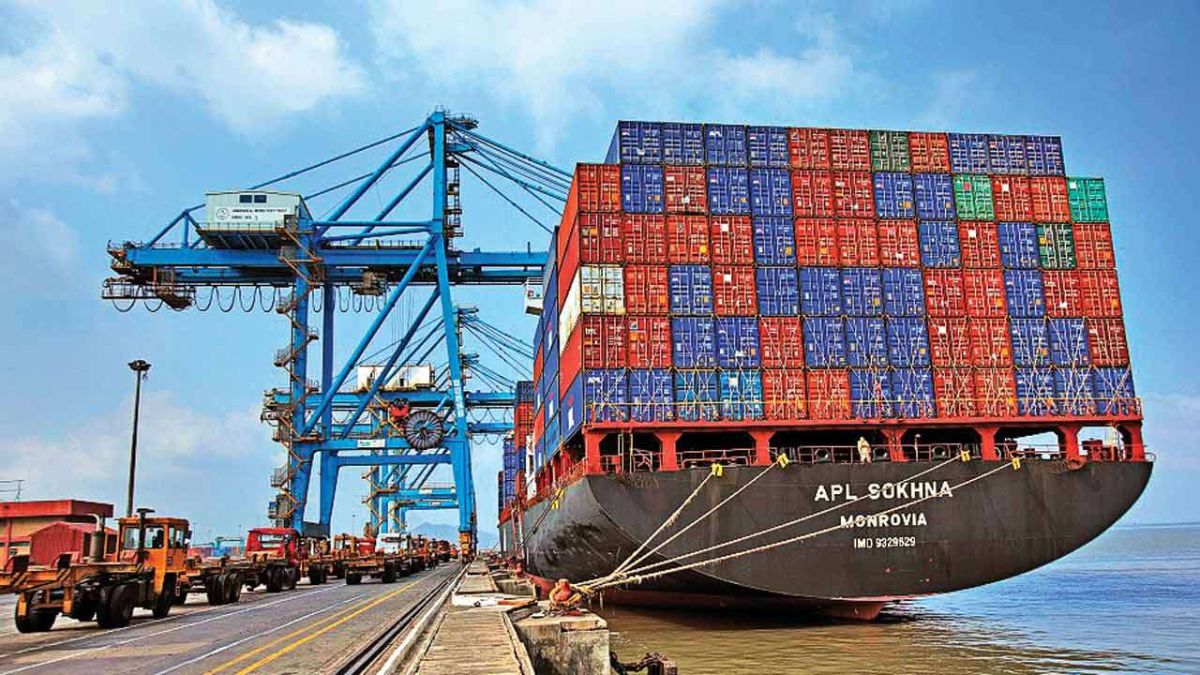The Jawaharlal Nehru Port Authority (JNPA) has announced plans to provide shore power to ships by 2030, a major step forward in its efforts to reduce carbon emissions and promote sustainable port operations. This initiative aligns with global trends toward greener maritime practices and highlights JNPA’s commitment to environmental stewardship.
Shore power, also known as cold ironing, allows ships to plug into the local electrical grid while docked, enabling them to shut off their engines and significantly reduce emissions. This technology is particularly effective in cutting down pollutants such as nitrogen oxides (NOx), sulfur oxides (SOx), and particulate matter, which are typically produced by ships running on diesel while berthed.
The implementation of shore power at JNPA is expected to have a substantial impact on air quality in the surrounding areas, including the densely populated regions near the port. By reducing the need for ships to burn fuel while docked, JNPA aims to contribute to the overall improvement of environmental conditions and the health of local communities.
This initiative is part of JNPA’s broader green port strategy, which includes a range of measures designed to minimize the environmental footprint of port operations. In addition to shore power, JNPA is also exploring the use of renewable energy sources, such as solar and wind, to further reduce its carbon footprint. The port authority’s commitment to sustainability is in line with India’s national goals of reducing greenhouse gas emissions and transitioning to a more sustainable energy future.
As the largest container port in India, JNPA’s adoption of shore power by 2030 will not only reinforce its leadership in the maritime industry but also contribute significantly to the global effort to mitigate climate change. The port’s green initiatives are being closely watched by industry observers and environmental advocates, as they represent a crucial shift towards sustainable maritime practices.
With this initiative, JNPA is poised to play a key role in shaping the future of environmentally responsible port operations in India, setting new standards for the industry and supporting the country’s broader environmental goals.

